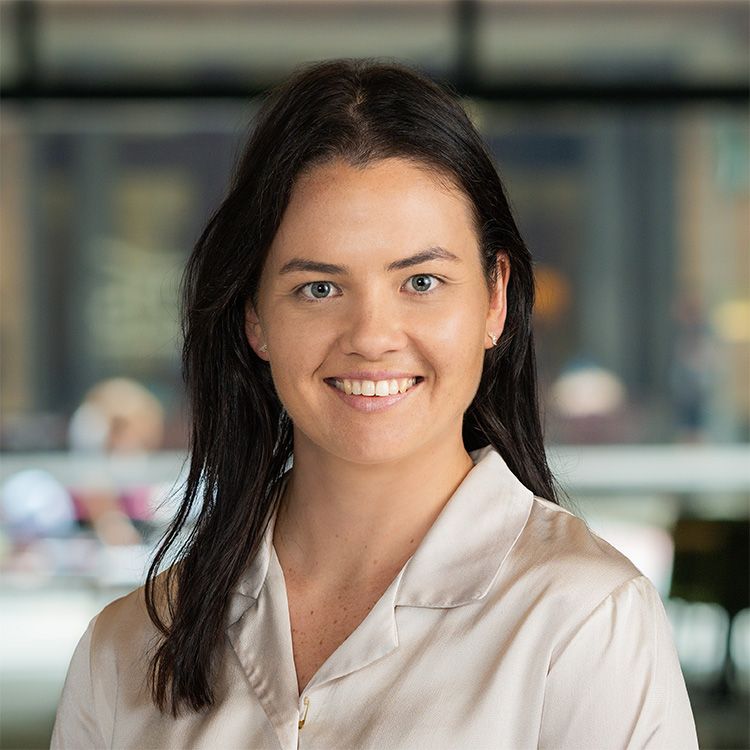How the Definition of Wealth Is Changing & What It Means for Investors
Shelby Clark
Thu 16 Oct 2025 6 minutesFor much of the past century, the path to success in Australia seemed clear: get a job, save a deposit, buy a house, and watch your equity grow. Home ownership wasn’t just financial security. It was a rite of passage, a social marker, a moral achievement.
But as anyone under 40 will tell you, that story no longer matches up with reality. Property prices have surged faster than wages for nearly two decades. The Australian Bureau of Statistics reports that house prices rose by 145% between 2003 and 2023, while household incomes grew only 57%. In Sydney, the median dwelling now costs over 13 times the median income, ranking it among the most unaffordable cities in the world.
The truth is the traditional path to wealth is increasingly out of reach for younger Australians.
So if owning a home no longer defines success for many, what does?
From Home Ownership to Freedom Ownership
The new aspiration isn’t just to own, it’s to be free. Younger Australians aren’t as fixated as their parents on square footage or backyard pools. They’re focused on autonomy, flexibility, and time. The ability to work from anywhere, to take a sabbatical without collapsing financially, to experience life rather than mortgage it.
Freedom, not bricks and mortar, is the new benchmark for wealth.
The shift has cultural, economic, and psychological roots. Millennials and Gen Z have endured a housing crisis, a pandemic, climate anxiety, and geopolitical instability, and have still managed to thrive in an economy where digital access opens new earning and investing avenues for them.
The lesson they’ve absorbed is simple: owning assets is good, but owning your time is better.
Investing as Identity
This new mind-set has been accompanied by a quiet revolution in who invests and why.
According to the ASX Australian Investor Study (2023), over 10 million Australians now hold investments outside of superannuation and property. That’s a record high. Nearly one in five investors are under 30, and 52% of all investors now hold shares or ETFs directly. The most striking statistic is that 20% of Australians now own at least one ETF, up from 16% in 2020. That’s a tell-tale sign that set-and-forget investing has gone mainstream, while flexibility, income generation, and alignment with values is more important than ever.
That shift in motivation is crucial. Investing is no longer a retirement chore; it’s a lifestyle enabler. It’s how people create the buffer that lets them freelance, travel, or turn a side hustle into a main income stream. For many, their investment portfolio has replaced their dream of a white picket fence.
The New Definition of Wealth
Wealth, in this new model, isn’t measured in net worth. It’s measured in optionality.
The ability to choose where and how you live, what you work on, and how you spend your time defines the modern affluent.
So the purpose of investing has changed for many. It’s less about compounding for 30 years and more about creating stable, passive income streams that support their flexible lifestyle.
This doesn’t mean everyone is chasing risk. In fact, the opposite is true. The new generation of investors want low-maintenance, transparent, accessible investments that don’t demand a trader’s reflexes or an economist’s mental bandwidth.
They’re not rejecting diligence. They’re rejecting dependency.
Investing for Life, Not Retirement
The pandemic reinforced this shift. When global markets crashed in early 2020, retail trading apps saw a surge in new accounts, but the more enduring trend has been the rise of long-horizon digital investing.
People learned two lessons through this period: markets are volatile, and time in the market still beats timing it. That’s why long-term vehicles like ETFs, listed property trusts, and income-generating mortgage and private credit funds have grown in popularity.
For investors aged 25–45, the appeal lies in simplicity and automation. Regular contributions, reinvested dividends, and low management overheads create a sense of momentum without obsession.
Through this shift, investing has become part of the rhythm of modern life rather than a distant financial event.
The Bar Has Been Raised
For fund managers, this redefinition of wealth creates challenge and opportunity.
The challenge is clear: a generation raised on frictionless technology and real-time transparency will not tolerate clunky on-boarding, hidden fees, or restrictive terms. They expect seamless platforms, low entry points, flexible withdrawal options, and plain English disclosures.
The opportunity is equally clear: the funds who adapt to these expectations will capture an investor base that is younger, more engaged, and more loyal than any before.
So flexibility, accessibility, and digital fluency have evolved from marketing slogans into existential requirements. Funds that reflect the realities of modern life will thrive, while those that cling to rigid minimums and slow processes will fade into irrelevance.
Being Wealthy to Live More
The late economist John Maynard Keynes once wrote that ‘the difficulty lies not so much in developing new ideas as in escaping from old ones.’
Australia’s next generation of investors is escaping old ideas fast. For them, financial independence is no longer about static ownership. It’s about passive income, accessibility, transparency, and sustainability. The winners will be those who build, manage, and invest in ways that align their capital with the way life is actually lived today: borderless, digital, and intentional. Arkus Fund is a great example of a flexible, ‘set and forget’ mortgage fund established to meet the expectations of the next generation of retail investors who want regular passive income without the hassle or excessive risk.
Everything else changes with each generation — music, fashion, culture — so why not the meaning of wealth?
Just as disco gave way to Taylor Swift, the great Australian dream of property ownership is giving way to a new, more dynamic aspiration: investing not to own more, but to live more.
Disclaimer: This article is prepared by Shelby Clark. It is for educational purposes only. While all reasonable care has been taken by the author in the preparation of this information, the author and InvestmentMarkets (Aust) Pty. Ltd. as publisher take no responsibility for any actions taken based on information contained herein or for any errors or omissions within it. Interested parties should seek independent professional advice prior to acting on any information presented. Please note past performance is not a reliable indicator of future performance. Thinktank’s investment products are available to wholesale investors only (as defined under the Corporations Act 2001 (Cth)).







